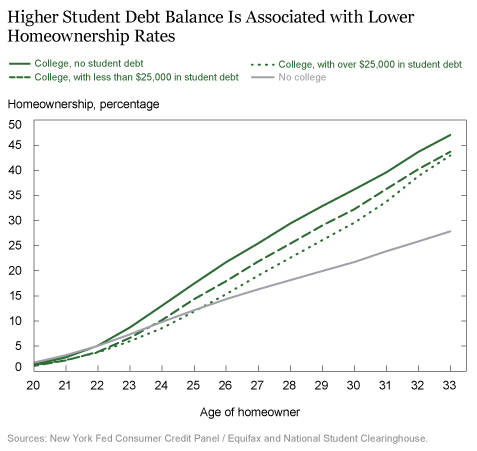It’s graduation season which means I get a ton of messages from new HR grads asking for advice. I heard from someone at SHRM that there are currently 8,000 human resource’s university programs in the world currently.
Doesn’t that seem like a huge number? I’m not sure we actually need 8,000 HR post-high school programs but welcome to the business of higher education where we offer you what we can put together for the least cost that makes the most money, not what industry actually needs!
HR degrees are the new ‘education’ degree for people who hate kids, but think they’ll like adult employees who act like kids!
So, now you’ve got this bright and shiny new HR degree and you need a job. I hear Enterprise Rent A Car is hiring in their management training program! I’ve hired some great employees from Enterprise over the years. Also, every single hospital in the country needs nurses, almost every company on the planet needs technical talent. Oh, wait, yeah, HR jobs…
So, how do you get that first HR job?
Step 1: It starts the summer after your freshman year if you’re super aggressive and really want to be in HR and just didn’t fall into after your sophomore year and it seemed like the easiest way to get a degree. You need internships that allow you to do HR-type work.
Yeah, I know it’s next to impossible to get an HR internship, especially if you’re not in a top tier HR specific program. I love hiring grads from “B” schools, but “B” school and HR degree, without an internship, should be called a “B.A. in Selling Cell Phones out of a Mall Kiosk”.
Even if you’ve already graduated and struggling to get your first HR job, it’s still worth it to try and get an HR ‘internship’ at any level. What I recommend to new grads is you go do ‘volunteer’ HR work for a company or organization. Offer up yourself for 8-24 hours a week. Work a paying job nights and weekends, do whatever it takes to get “HR” on your resume.
Step 2: You’ve got to become a cray-stalker-networker. Link-In with every HR person you can find that graduated from your school. Link-In with every single HR pro in your area and ask for help getting experience and your first job. No! Actually, ask them for help! Most won’t, but some will.
Step 3: Make it super public you’re looking for your first HR Job. Tell your friends, neighbors, people at your church, your parent’s friends, the bartender when you order a drink. You need to be discovered and that only happens when you make yourself discoverable!
Step 4: Don’t worry about money in your first job. You need to get “HR” on your resume, even if it’s like going to a 5th year of college. So many HR grads I meet give up and work a job that will pay their bills. That first HR Administrator job might be a kick in the stomach to accept financially, but this is how you get to ‘the show’ and make a decent living in HR.
Step 5: Join the HR conversation online. Show up at HR meetups and local SHRM meetings. Most will let ‘students’ in for free. Use this to its fullest and then get involved and volunteer. Those people who volunteer with you will know about HR jobs before they go public and would love to plug you into it instead of posting and interviewing.
Step 6: If you can’t find any HR jobs. Apply to entry level agency recruiting jobs. Many large recruiting agencies are constantly hiring fresh meat. It’s a grind, but it’s a great resume builder, and you might fall in love with it. It’s not HR, it’s recruiting, but having this experience will get you in the door for corporate recruiting jobs and then you can eventually move into corporate HR jobs within that organization.
I love HR and Recruiting. It’s a great profession to get into, but it’s not easy to break in since the barrier to entry is fairly low. A ton of people in HR don’t have HR degrees, so most organizations don’t view your degree in HR as a necessity to work in HR.
I only offer the truth, I wish your college advisor did the same, but you can do, you can join the tribe, it might just take a little more work than you were expecting!

